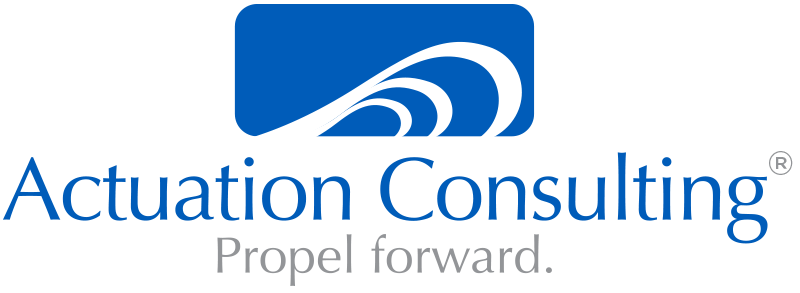Earlier this week I caught up with Gary Heerkens, President of the Management Solutions Group, and Lee Lambert, CEO of the Lambert Consulting Group. I have the privilege to work closely with both Gary and Lee — two of the leading minds within the project management community.
Lee and Gary were willing to share their thoughts on the critical relationship between project and product management as well as their participation in the ProdBOK project. Here’s an extract from our discussion.
Gary and Lee thanks for joining me today. Why do you think there is so much confusion surrounding the product and project manager roles?
(Lee Lambert) I don’t think there has ever been a clear distinction made or at the least communicated between project and product. Although it’s known that only about 30% of a product or service cost is incurred during the “project” portion, many still believe that once we deliver (throw it over the fence) the role of the project manager is complete. And technically that’s correct, but without thinking about the project with a longer range “product” lifecycle mentality it’s almost guaranteed that additional cost and time impacts will present themselves. Unfortunately, the project management profession has not yet fully embraced this holistic view and ultimately the product (organization) eventually pays a steep price.
(Gary Heerkens) Based on my experiences, I think there are a couple of reasons for this:
Those who are not well-versed in these two fields fail to recognize that there are two basic components to project efforts: creating the substantive end result — or “market deliverables”— of the project (product management) and shepherding the various processes required to make those products materialize in an efficient manner (project management). Without a solid understanding of this distinction in function, the tendency is to simply think of these roles as being a single thing.
These two roles are often combined due to an entirely different motivation: perceived efficiency. It’s quite common in resource constrained companies today to merge the “product lead” and the “project manager” into a single function. The belief is that this somehow saves money. Not true; it simply forces today’s managers to work that much harder.
How do you think the new product management and marketing body of knowledge will help to resolve these problems?
(Gary Heerkens) One of the things that compelled me to contribute to the ProdBOK was the fact that one of Greg Geracie’s core objectives was to clearly describe and define the distinction between developing products and leading projects. Greg’s objective represented a simple — yet at the same time, groundbreaking — point of view. And when he first contacted me, I immediately developed considerable respect for Greg because he was seeking the support of a wide range of industry thought leaders to help him fulfill this mission.
(Lee Lambert) This Body of Knowledge will be in sync with the PMBOK and I’m confident it will go a long way toward making the distinction between project and product management clear but at the same time will illustrate the key interface points that will lead to added value when collaboration and “connected” communication among project and product managers is internalized and consistently exercised.
This ends part one of our interview. We’ll wrap up our conversation with Gary and Lee next week as we continue our discussion on the ProdBOK and lessons learned. Stay tuned.
Greg Geracie is a recognized thought leader in the field of product management and the President of Actuation Consulting, a global provider of product management consulting, training, and advisory services to some of the world’s most well-known organizations. Greg is also the author of the global best seller Take Charge Product Management. He is also an adjunct professor at DePaul University’s College of Computing and Digital Media where he teaches graduate and undergraduate courses on high-tech and digital product management.

